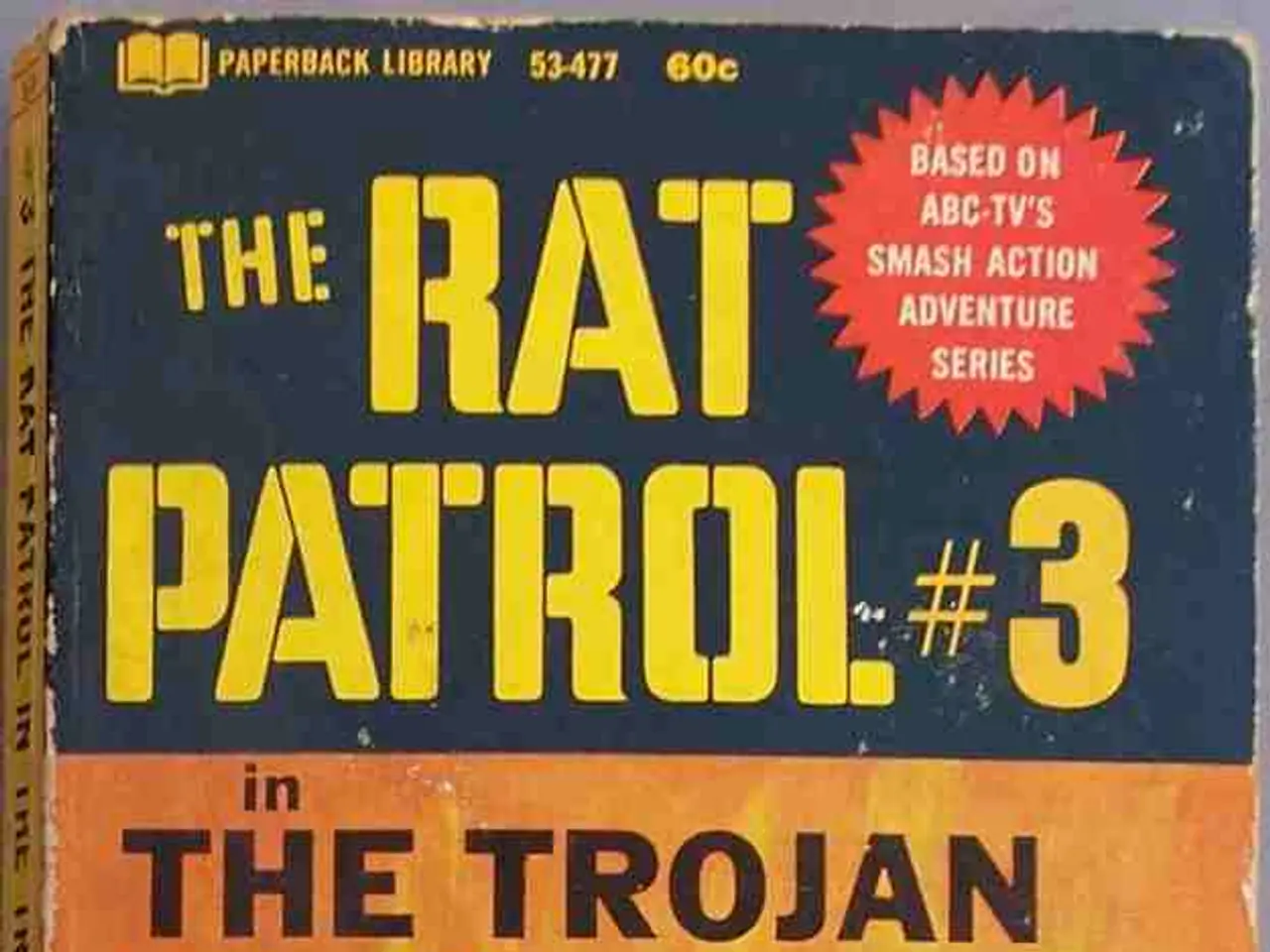NATO troops in Ukraine barely conceivable in current scenario
In the ongoing conflict between Ukraine and Russia, the role of Germany and its potential involvement has been a topic of discussion. Here's a breakdown of the key points surrounding this issue.
The concrete security guarantees of the USA, which could potentially influence German engagement, remain unclear. This ambiguity has cast doubts over the possibilities and scope of German involvement.
Markus Söder, leader of the Christian Social Union (CSU), has expressed his desire to modify the current policy regarding citizen's allowance for Ukrainians in Germany. His aim is to encourage a higher employment rate among Ukrainian refugees. However, Söder is against deploying German armed forces in Ukraine as part of any security guarantees.
Söder has also suggested discussing ways to deal with Ukrainian refugees, including the possibility of sending combat-capable Ukrainians back to their homeland to ensure security. His proposal, however, has been met with criticism, with SPD's foreign policy spokesman Adis Ahmetović finding it bizarre and inappropriate.
Chancellor Friedrich Merz (CDU) has not ruled out the possibility of military deployment in Ukraine, but considers the discussion premature. He has expressed his reservations about any deployment, stating that it would depend on the kind of agreement that can be reached with Russia.
The government of Baden-Württemberg, based on a draft law from the Federal Ministry of Labor and Social Affairs (BMAS), announced that from April 1, 2025, people from Ukraine coming to Germany will no longer receive citizen’s allowance (Bürgergeld) but only lower benefits similar to those under the Asylum Seekers’ Benefits Act (Asylbewerberleistungsgesetz).
It's important to note that there are no concrete plans for a military deployment in Ukraine "at least in Germany." Furthermore, no plans for direct NATO involvement in a troop that could secure a peace agreement have been announced.
The ongoing conflict between Ukraine and Russia shows no signs of abating, with Russia not currently ready to end the war, and there being no ceasefire. Long-term security guarantees can only be decided upon when there is a ceasefire or a peace agreement.
The government's approach to the Ukrainian crisis has been met with criticism from some quarters. Green Party leader Franziska Brantner, for instance, has accused CSU leader Markus Söder of populism in regards to Ukraine.
A coalition of 30 countries, including European states, Japan, and Australia, has pledged their support for the initiative. However, the nature of this support and its impact on Germany's involvement in the conflict remains to be seen.
As the situation in Ukraine continues to evolve, it is clear that the debate over Germany's role will continue to be a hot topic. The government's approach will be closely watched, and any decisions made will have far-reaching implications for both Germany and Ukraine.
Read also:
- ICE directed to enhance detention conditions following NYC immigrants' allegations of maltreatment
- Israeli finance minister issues warnings about potential annexation of West Bank territories
- United States faces rebuttal from South Africa over allegedly deceitful human rights report and assertions of land expropriation
- Accident at Rodalben Results in Injuries; Geoskop Area near Kusel Affected After Stormy Weather








